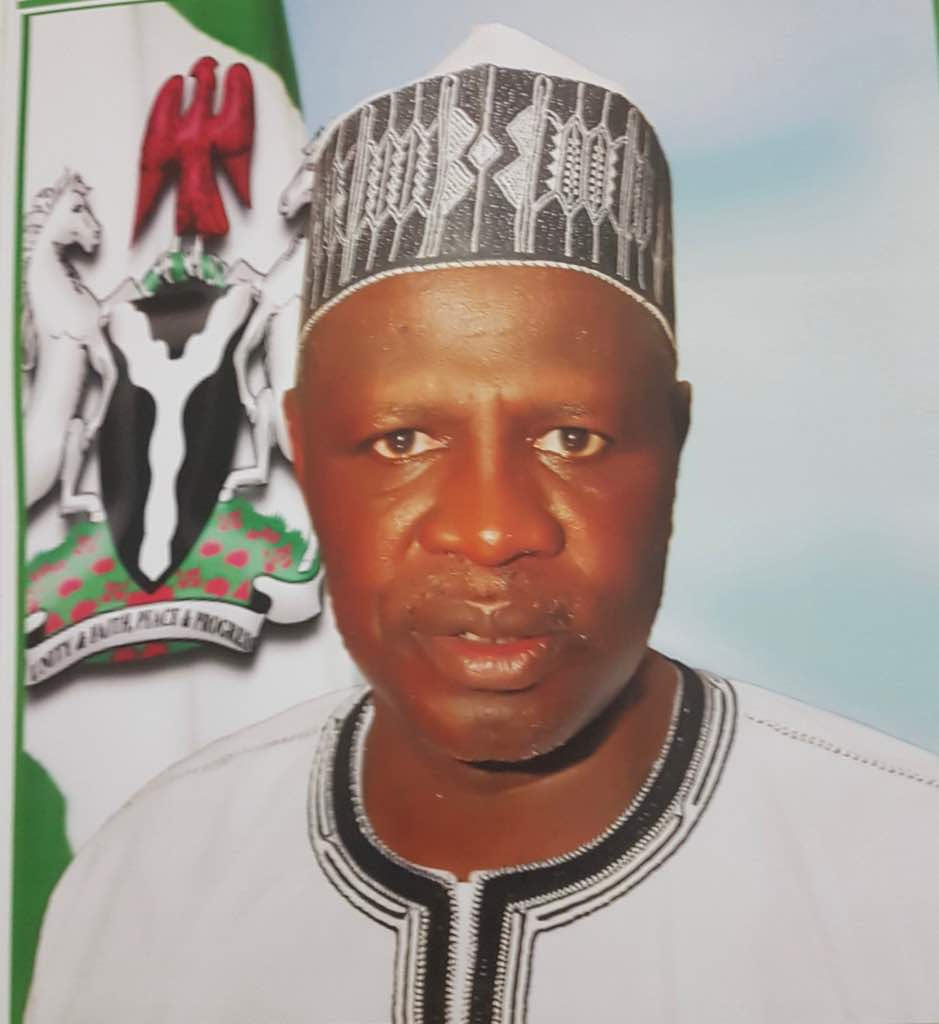Political hush-hush and horse-trading were the resultant effects of two separate congregational meetings of the North and South governors held at different places and times a few weeks ago. The governors of the southern states of Nigeria met on 16th September 2021 in Enugu. Nine sitting governors and seven deputy governors represented the seventeen southern states at the Enugu meeting. Similarly, perhaps, in reaction to the meeting of southern governors, the governors of the northern states converged in Kaduna on Monday, 27th September 2021, and held an enlarged meeting of the Northern Governors Forum. In addition to the northern governors, the meeting was attended by other important stakeholders; the Deputy Speaker of the House of Representatives and other members of the National Assembly, the Chief of Staff to the President, Minister of Information and Culture; and the Inspector General of Police.
These important political leaders of Nigeria had good reasons to meet for the unity and progress of their different regions as well as finding a common solution to the regional challenges threatening the foundation of the entire nationhood.
The governors talked on many issues bordering security, economy, and politics. The host of the northern governors, Governor Nasir El-rufai of Kaduna State said the meeting was aimed at tapping ideas from the governors of the 19 northern states. Similarly, the southern governors talked about open grazing, VAT, and other national issues.
The issues on the security and economy were publicly promoted to be on the front burners; however, digging below the surface indicated the political issue to be of paramount importance to the meetings’ participants. Behind the smokescreen, the two meetings were predicated by the political survival instincts of these political juggernauts as the nation inches to 2023.
The future survival of Nigerian politicians is interweaved with who becomes the president and from which region. A governor, after his tenure, may end up as a senator, minister, politically irrelevant, in jail, or even committing political hara-kiri depending on the political occupants at the center. Most Nigerian politicians are severely afraid of accounting for their deeds after their tenure of office. This is why the issue of 2023-Aso Rock occupants divided our governors along the regional line.
The southern governors reiterated their earlier position that the next president of Nigeria (2023) must come from the south in line with politics of equity, justice, and fairness. The northern governors countered their southern colleagues and rejected the rotational presidency, condemning it as unconstitutional.
They pointed out that the elected President must meet the requirements that include getting “the majority votes, scoring at least 25 percent of the votes cast in two-thirds of the states of the federation; in case of a runoff, a simple majority wins”.
The politicians along the regional line are emasculating each other for undue advantage to corner the presidency in 2023 for selfish reasons not on meritocracy or competence to address developmental issues. Can the rotational presidency be the answer to myriad challenges against development and nationhood?
As mentioned in this column several times over, the campaign of presidency rotation is simply a grand deception to Nigerians, and we must unite to resist it. We must not forget that the only thing in the mind of our politicians is how to grasp political power by hook or crook. From now onward, we must challenge political contestants from the position of the presidency to local government councilors to clearly show us how they intend to govern us. What are their political manifestoes? How can they provide adequate, reliable, and sustainable electricity, portable water, roads, security, food sufficiency, employment generation, health care services, etc.? How can Nigeria get out of emasculation mounted by local and foreign loans in billions of US dollars? As of March 2021, Nigeria’s total public debt had hit N33.1 trillion ($87.24 billion) — an accumulation of borrowings from successive governments, of which most were made since the return to democracy in 1999. Additionally, within July 2021 two foreign loans were approved by National Assembly; On July 7th, the upper chamber approved a loan request of N2.343 trillion, approximately $6 billion, and another $8.3 billion and €490 million. https://www.thecable.ng/from-obasanjo-to-buhari-how-fgs-debt-profile-surged-658-to-n26-9trn-in-21-years So, our next president should clearly and unambiguously tell us how he would address the debt services while making Nigeria progress.
Our next president’s children should attend public primary, secondary schools, and universities here in Nigeria. He and his family should not jet out of the country for health challenges, and the same situation should apply to governors, ministers, and members of the National Assembly. This way, we will be forced to equip our schools and hospitals to international standards. Our next president should invest 20% of his government’s annual budget in education, 10% in agriculture, 10% in health, and 20% in infrastructural development. The first law of the next National Assembly is to ban public office holders from sending their children and wards abroad for education and health services. We must support our local initiatives to meet our needs as this country is endowed with unlimited resources. We should eat what we produce and produce what we eat. Ban food importation of any kind.
The regional difference, ethnicity, tribal affiliation and similar issues used as consideration for the next president should be rejected. Instead, we should replace these mundane considerations with sound vision, selfless service, dedication, forethought, patriotism, and excellent character as guiding principles for the election of the right president, come 2023. Short of this, the country may continue to sink into the abyss of poverty, squalor, and hunger with consequential inferno capable of consuming the nation, may God prevent it from happening.


